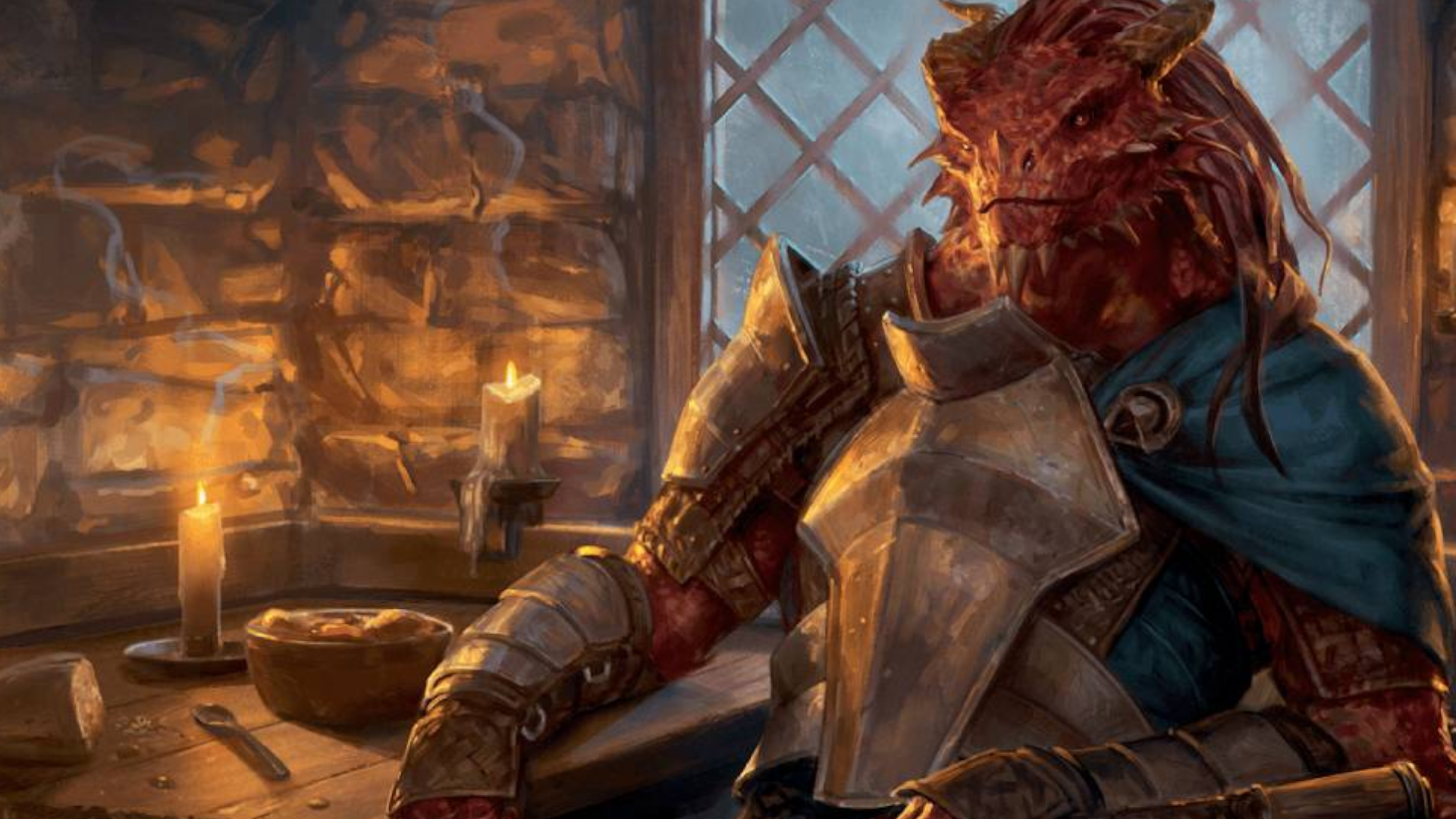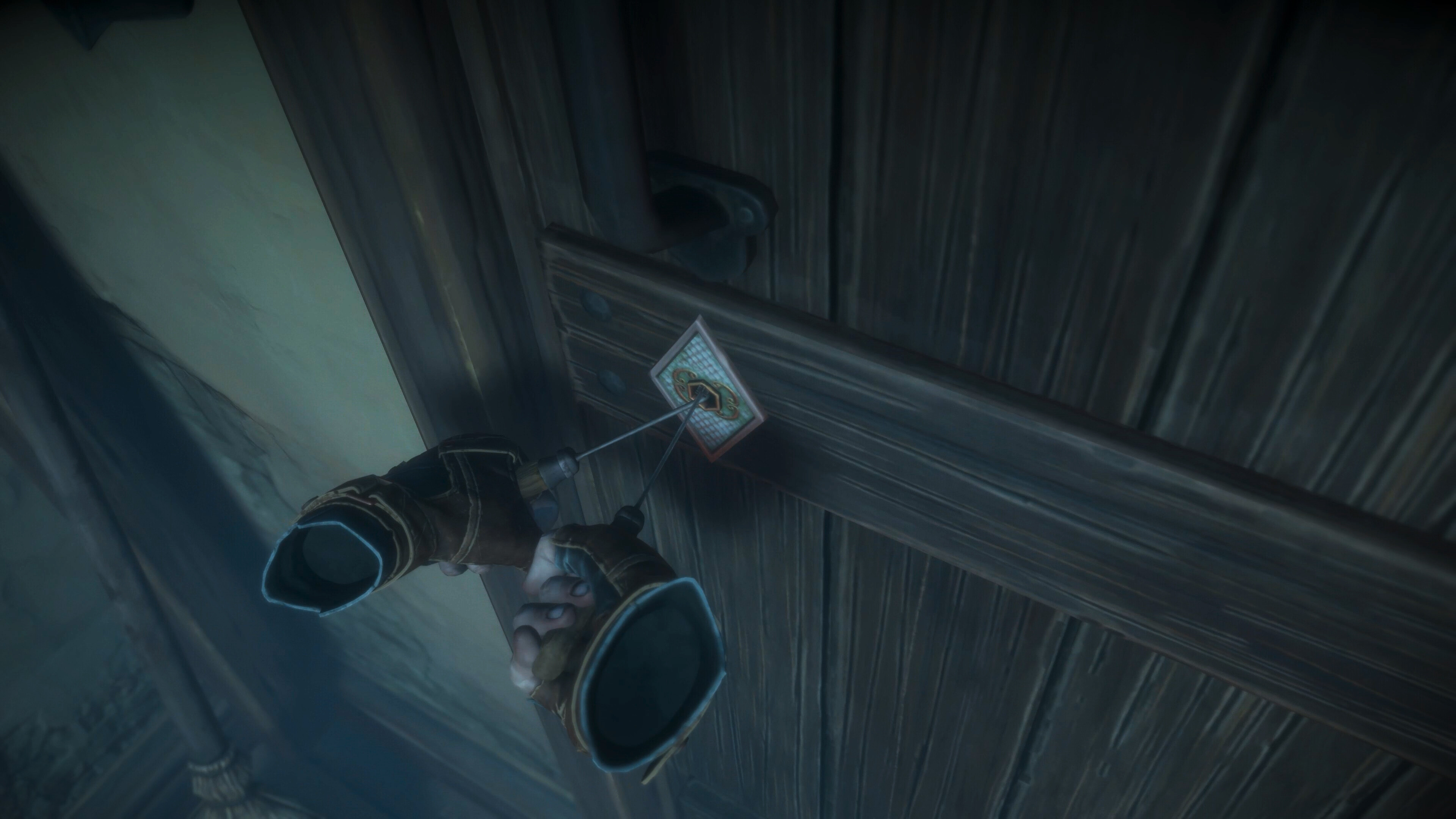
Five whole classes have new toys to test.
A playtest for 2024’s upcoming revised 5e ruleset dropped, and it’s got some juicy implications—alongside a whole new Fighter subclass that’s cool in concept but wimpy in practice.
For the uninitiated, these playtests have generated a lot of buzz for something that’s ostensibly a beta—while D&D’s habit of publically sense-checking their stuff has been overall good for game balance, it does create a certain sense of anxiety. Players now have a direct hand in deciding which min-maxing headaches we’ll all be dealing with for the next however many years.
Fighters, Barbarians, Warlocks, Sorcerers, and Wizards had a remix this time around. You can read the full materials yourself, but I’m going to sum up my gut responses as a casual theorycrafter.
Barbarians—bad news, bears
(Image credit: Wizards of the Coast)
The suggested tweaks to barbarians strike a major blow to one of its most beloved subclasses—the Totem Barbarian, which has been sensibly renamed to the Path of the Wild Heart. This subclass lets you choose an animal to draw power from, and bear used to be the go-to pick.
Under the current rules, when raging, a bear-flavoured Barbarian gains resistance to all damage types except for Psychic, cutting most punishment received in half. This is, as you can imagine, very good for a class that’s already a sack of hit points. This nerf-in-progress clamps down on that, only letting you pick two extra types of damage to shrug off when you go into a rage. While that’s still not bad, it pales in comparison.
Otherwise, barbs get buffs all round—Reckless Attack lasts longer, Intimidating Presence is a bonus action. Signs are good for those who would like to rage.
Fighters—some punch man
(Image credit: Wizards of the Coast)
Fighters have some new toys to play with—Second Wind looks to be more versatile with the new class feature Tactical Mind, which lets you add a 10-sided die to an ability check—which is basically any roll which isn’t swinging a sword or resisting something harmful. Climbing a cliff, sneaking past guards, haggling with a merchant—Tactical Mind is there for you.
The most interesting addition is a new subclass, the Brawler, which focuses on haymakers and hitting your enemies with random objects. While this is cool in theory (I’ve wanted a strength-based fistfighter basically forever) the features as they stand leave a lot to be desired. The level 3 features don’t really boost your damage in an appreciable way—they just bring you up to par with your weapon-wielding cousins. Swing and a miss for now, but it’s playtest material.
Sorcerer—twinned hell
(Image credit: Wizards of the Coast)
Sorcerers continue to get their metamagic fiddled with. There’s not too much to say here, except for a pretty major nerf to Twinned Spell. Previously, this thing could let you dump, say, two Haste spells on your party members—it was extremely powerful.
Now it only works with spells like Hold Person, which lets you select additional targets if you use a higher level spell slot on it. If the spell doesn’t scale in this way, it can’t be twinned. The good news is it costs only one sorcery point, so it’s at least efficient. With similar cost reductions across the board, it’s not all bad news blasts.
Warlock—pretty pacts
(Image credit: Wizards of the Coast)
Warlocks have a special kind of magic called “Pact Magic” that lets them recharge their spell slots—the things that let spellcasters fling magic in the first place—on a Short Rest, which is good because they usually only have two or three of them. D&D flirted with removing Pact Magic wholesale in a previous playtest, but it’s back on the table now.
To compensate for the smaller amount of slots available, Warlocks can ‘perform an esoteric rite’ for one minute to gain half of their spell slots back once per Long Rest, which is handy if your party doesn’t have time to twiddle their thumbs through an hour-long Short Rest.
There’s also been a bunch of adjustments to invocations, but the biggest deal here is that their Pact spells are now “always prepared”. This is similar to a Cleric’s Domain Spells in the current edition, in that you get them in addition to the known or prepared spells you currently have. Basically, the variety of spells they can access at any given time just got a whole lot bigger.
Wizards—modify no more
(Image credit: Wizards of the Coast)
There’s not too much to say about Wizards here, except that Modify and Create Spell—two previously-suggested playtest options—are gone for now. These were spells that let you tweak existing rules to other spells, usually making them completely broken. One option let you stamp out a spell’s concentration requirement, one of the major balances to powerful buffs like Haste. Nixing them is sensible, even if the option to play scientist with your spellcraft was cool on a thematic level.




